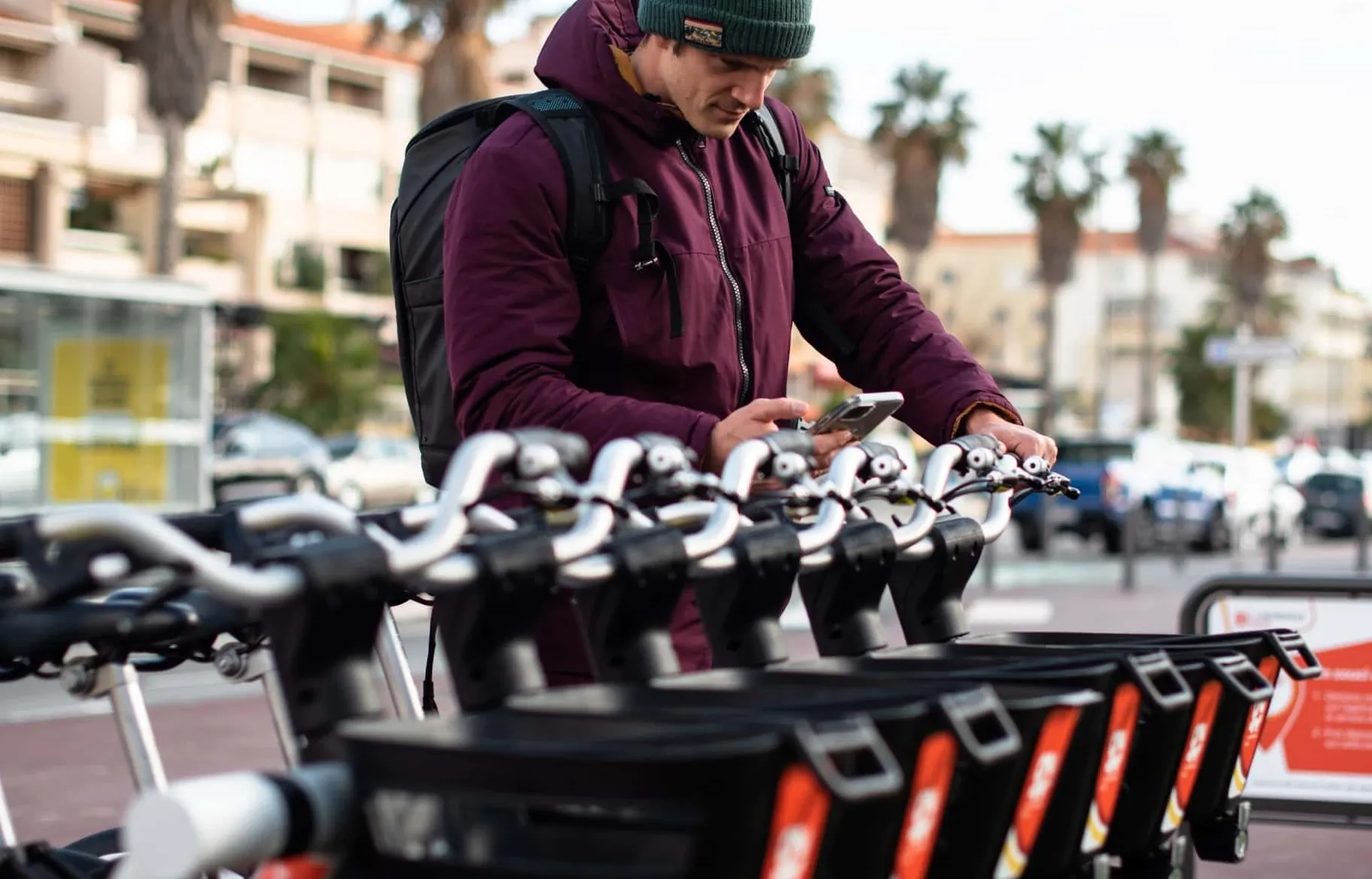Hydrogen Mobility Europe (H2ME), the multi-country, multi-partner project which aims to demonstrate that hydrogen can support Europe’s future transport demands, has deployed its first 100 fuel cell electric vehicles (FCEVs) deployed by H2ME in Germany, France and the UK.
H2ME brings together eight European countries to address the actions required to make the hydrogen mobility sector ready for market. H2ME plans to perform large-scale market tests of hydrogen refuelling infrastructure and deploy passeng
February 8, 2017
Read time: 2 mins
Hydrogen Mobility Europe (H2ME), the multi-country, multi-partner project which aims to demonstrate that hydrogen can support Europe’s future transport demands, has deployed its first 100 fuel cell electric vehicles (FCEVs) deployed by H2ME in Germany, France and the UK.
H2ME brings together eight European countries to address the actions required to make the hydrogen mobility sector ready for market. H2ME plans to perform large-scale market tests of hydrogen refuelling infrastructure and deploy passenger and commercial fuel cell electric vehicles operated in real-world customer applications. It also aims to demonstrate the system benefits generated by using electrolytic hydrogen solutions in grid operations.
Sixty of Symbio’s2453 Renault Kangoo ZE-H2 range-extended fuel cell vans have been deployed in the UK and France. Powered by a compact 5 kW fuel cell module, coupled with a hydrogen storage unit and medium-size automotive battery pack, Symbio’s range-extender kit increase the range of Renault’s electric-only Kangoo ZE model to 320 Km.
In addition,2069 Daimler has deployed 40 B-Class F-CELL vehicles under H2ME in Germany. Featuring a 700-bar, high-pressure fuel-tank system, the car has a long operating range of around 400 kilometres and can be refuelled in less than three minutes. The vehicle’s electric motor develops an output of 100 kW and, with a torque of 290 Nm, the car combines local emission-free mobility with day-to-day suitability and good performance figures.
In the coming years, the H2ME project will deploy partners’ fuel cell electric vehicles (FCEV). In total, more than 1,400 FCEVs will be deployed as part of the H2ME project throughout the UK, France, Germany, the Netherlands and Scandinavia. The aim is to increase the number of FCEVs operating on Europe’s roads to build on the strong networks of hydrogen refuelling stations created by H2ME and other initiatives across the EU.
Recognised by the EU as critical to solving Europe’s environmental and economic challenges, fuel cell vehicles have been identified as a promising technology to lower emissions and improve energy security with minimal impact on the driver in terms of functionality or convenience.
H2ME brings together eight European countries to address the actions required to make the hydrogen mobility sector ready for market. H2ME plans to perform large-scale market tests of hydrogen refuelling infrastructure and deploy passenger and commercial fuel cell electric vehicles operated in real-world customer applications. It also aims to demonstrate the system benefits generated by using electrolytic hydrogen solutions in grid operations.
Sixty of Symbio’s
In addition,
In the coming years, the H2ME project will deploy partners’ fuel cell electric vehicles (FCEV). In total, more than 1,400 FCEVs will be deployed as part of the H2ME project throughout the UK, France, Germany, the Netherlands and Scandinavia. The aim is to increase the number of FCEVs operating on Europe’s roads to build on the strong networks of hydrogen refuelling stations created by H2ME and other initiatives across the EU.
Recognised by the EU as critical to solving Europe’s environmental and economic challenges, fuel cell vehicles have been identified as a promising technology to lower emissions and improve energy security with minimal impact on the driver in terms of functionality or convenience.







